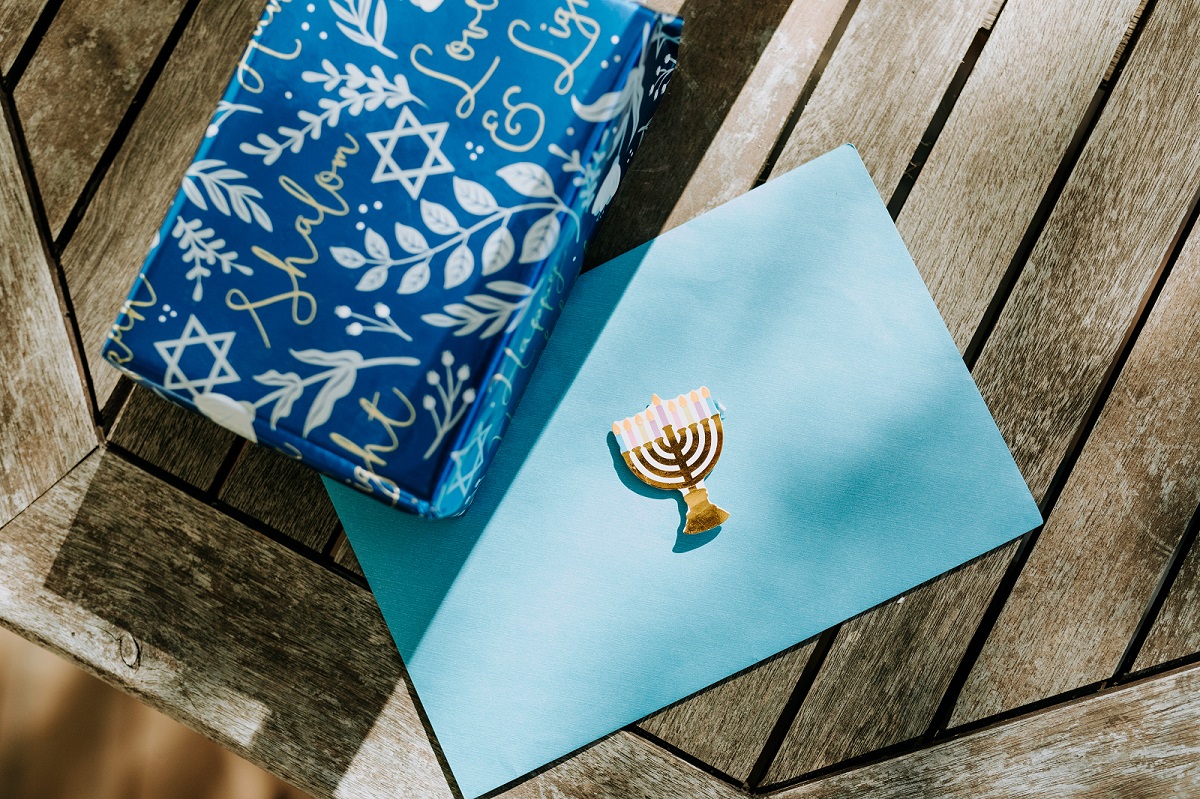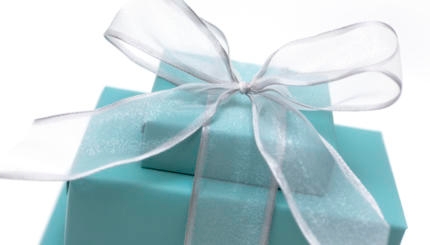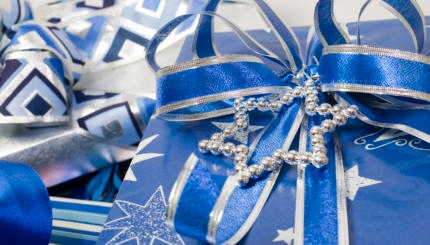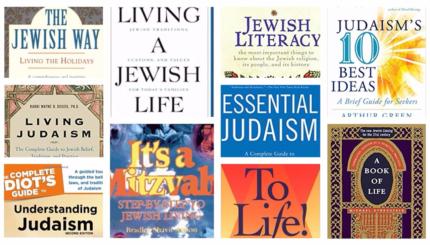Do you have friends or family members who are new to the Tribe? Maybe they recently converted, married a Jew or became newly interested in their Jewish roots? Or maybe you’re the one who is wondering what to put on your wish list.
Whatever the particulars, My Jewish Learning has you covered, with Hanukkah gift ideas designed to please all of the voluntary and honorary Members of the Tribe in your life.
Cookbooks
Amelia Saltsman’s The Seasonal Jewish Kitchen, Leah Koenig’s Modern Jewish Cooking and chef/restaurateur Michael Solomonov’s Zahav: A World of Israeli Cooking all offer traditional Jewish and Israeli standbys adapted to contemporary tastes and sensibilities. In the years since these cookbooks were released, each has become a kitchen staple.
If you’re looking to gift a cookbook that is fresh off the press, our partner site The Nosher compiled this list of 9 Jewish cookbooks that they love, including Paula Shoyer’s new title, The Instant Pot Kosher Cookbook, which includes 100 recipes that span the Jewish world. It’s also the first Instant Pot cookbook to feature exclusively kosher food.
With your help, My Jewish Learning can provide endless opportunities for learning, connection and discovery.
Meatballs and Matzah Balls could also be of particular interest to Jewish newcomers since its author, Marcia Friedman, is a Jew by choice who combines Italian (she is half Sicilian) and Jewish cuisine in creative and tasty ways.
Other Kitchen Goodies
Maybe your Jewish newbie wants to make challah, but is a bit intimidated by the braiding. A silicon challah mold simplifies the process. Meanwhile, someone making the transition from Christmas cookies to Hanukkah cookies might appreciate a set of Hanukkah-themed cookie cutters.
Hanukkiahs, or Hanukkah Menorahs
What’s more fitting for Hanukkah than a Hanukkah menorah? Just make sure you give this one early in the holiday, so the recipient gets to use it this year.
A convenient option is a compact travel menorah, perfect for someone who wants to celebrate the holiday outside the home.
Kiddush Cups
For something flashy and unique (or for someone who is a bit germ-phobic), try a Kiddush Fountain, which pours the wine or grape juice into individual cups. We’re fond of this one, but Amazon and other retailers have a wide variety of styles and price points.
Challah Cover
FairTradeJudaica offers a wide variety of Judaica items produced by artisans across the world. These certified fair trade items, including this hand-embroidered challah cover, are not just beautiful, but you can rest easy knowing the workers received fair pay in safe conditions and that no child labor was used.
Shabbat Candlesticks
For something traditional and inexpensive, try these pewter ones, which, sensibly, come with a plate for catching the wax drippings.
Mezuzah
New York’s Jewish Museum and Modern Tribe both offer a vast selection of mezuzahs suitable for any budget or aesthetic. For something simple yet chic, this blue mezuzah is the way to go. If your friend recently converted and is a big fan of the midrash that says Jews by choice were also present at Mount Sinai, there’s a mezuzah for that, too. Bear in mind that most mezuzah cases do not come with a scroll, so you (or your recipient) will likely need to purchase that separately.
Jewelry
A silver Star of David is simple and matches everything, and this one is inexpensive. A custom-made Hebrew necklace is a great option for a Jew by choice who wants to wear their new Hebrew name with pride.
For vibrant small-batch Jewish jewelry, check out earrings, necklaces and other accessories from the Brooklyn-based Ariel Tidhar.
Clothing
On the internet, you can find Hanukkah-themed anything, including sweaters/sweatshirts and even adult-sized pajama onesies. If the person you’re shopping for also celebrates Christmas, ModernTribe has an entire section dedicated to Chrismukkah apparel.
Are you considering conversion to Judaism? Sign up here for a special email series that will guide you through everything you need to know.
Explore Hanukkah’s history, global traditions, food and more with My Jewish Learning’s “All About Hanukkah” email series. Sign up to take a journey through Hanukkah and go deeper into the Festival of Lights.
challah
Pronounced: KHAH-luh, Origin: Hebrew, ceremonial bread eaten on Shabbat and Jewish holidays.
dreidel
Pronounced: DRAY-dul, Origin: Yiddish, a spinning top, with four sides, each marked with a different Hebrew letter (nun, gimel, hay and shin), it is played with on Hanukkah.
Hanukkah
Pronounced: KHAH-nuh-kah, also ha-new-KAH, an eight-day festival commemorating the Maccabees' victory over the Greeks and subsequent rededication of the temple. Falls in the Hebrew month of Kislev, which usually corresponds with December.
Kiddush
Pronounced: KID-ush, Origin: Hebrew, literally holiness, the blessing said over wine or grape juice to sanctify Shabbat and holiday.
mezuzah
Pronounced: muh-ZOO-zuh (oo as in book), Origin: Hebrew, a small box placed on the right doorpost of Jewish homes. It contains a parchment scroll with verses from the Torah inscribed on it, including the Shema prayer (Deuteronomy 6:4-9, 11:13-21).



